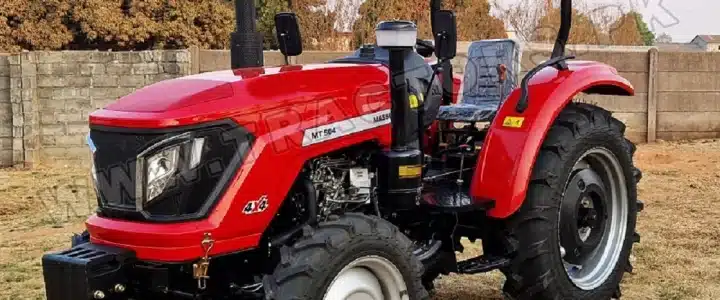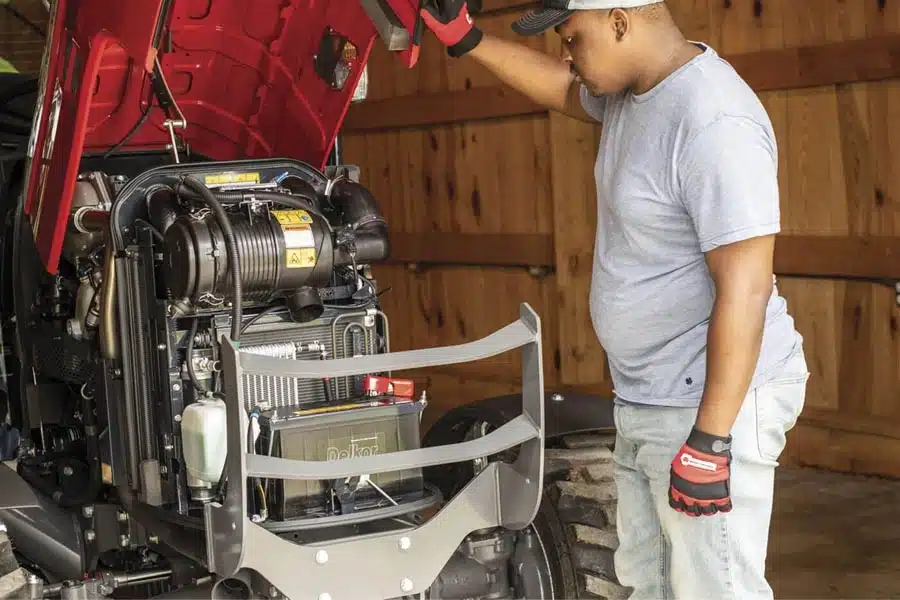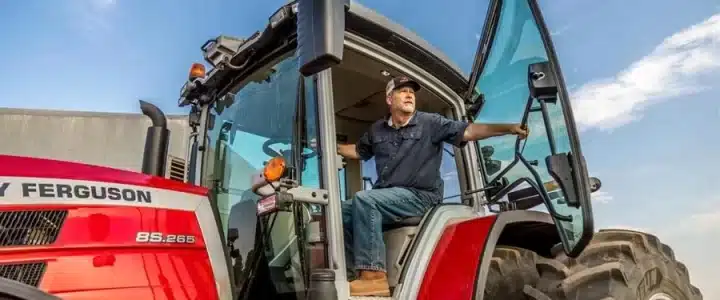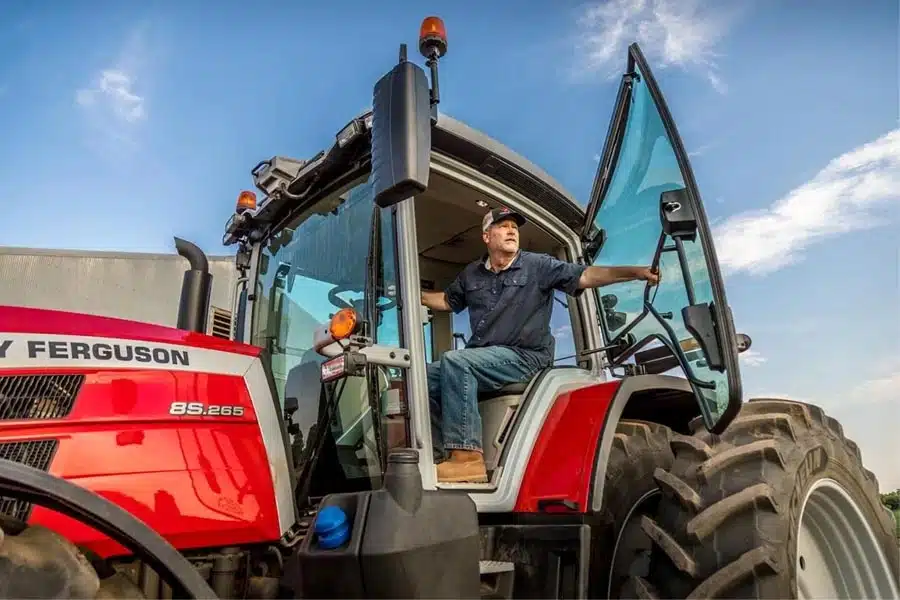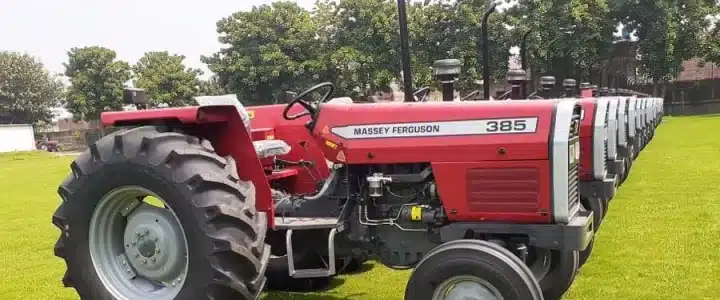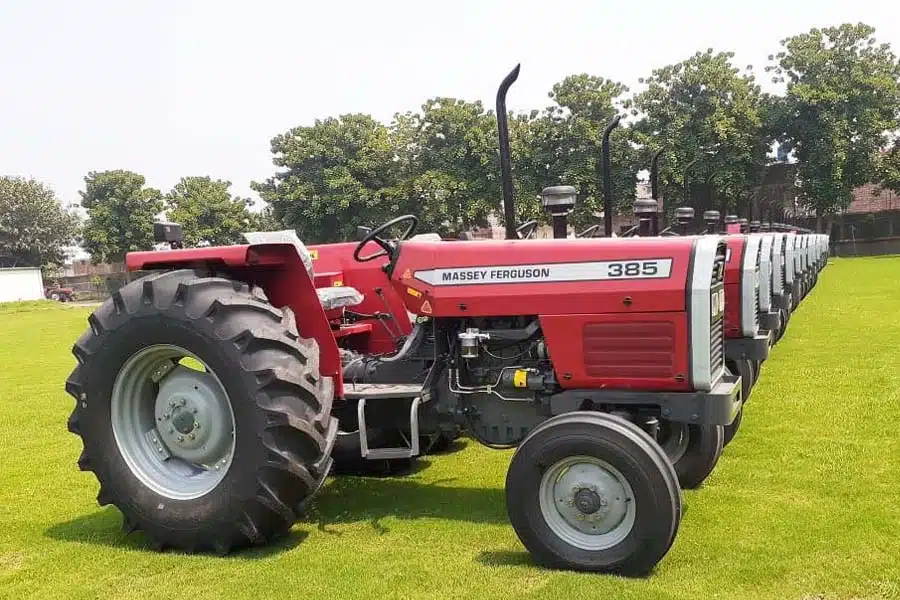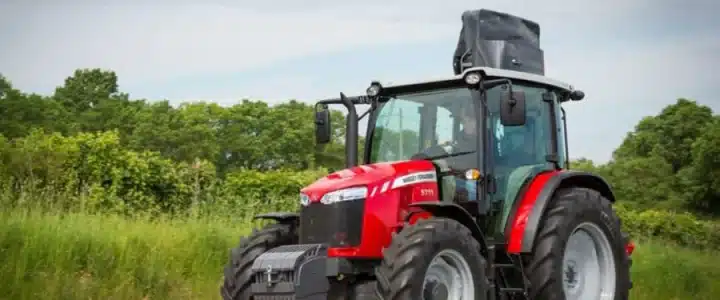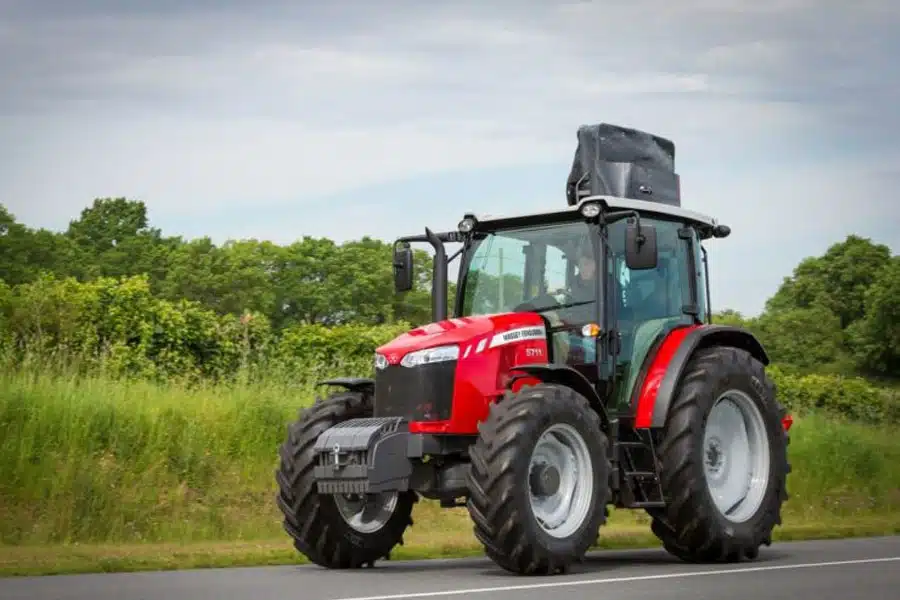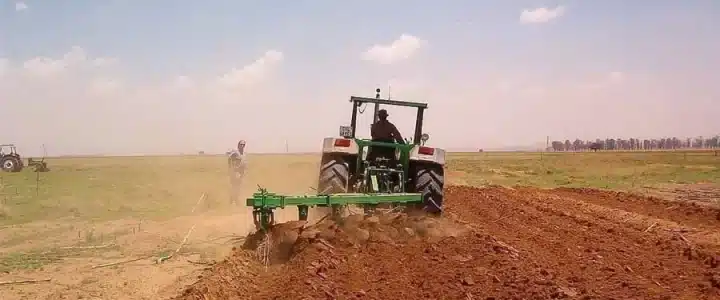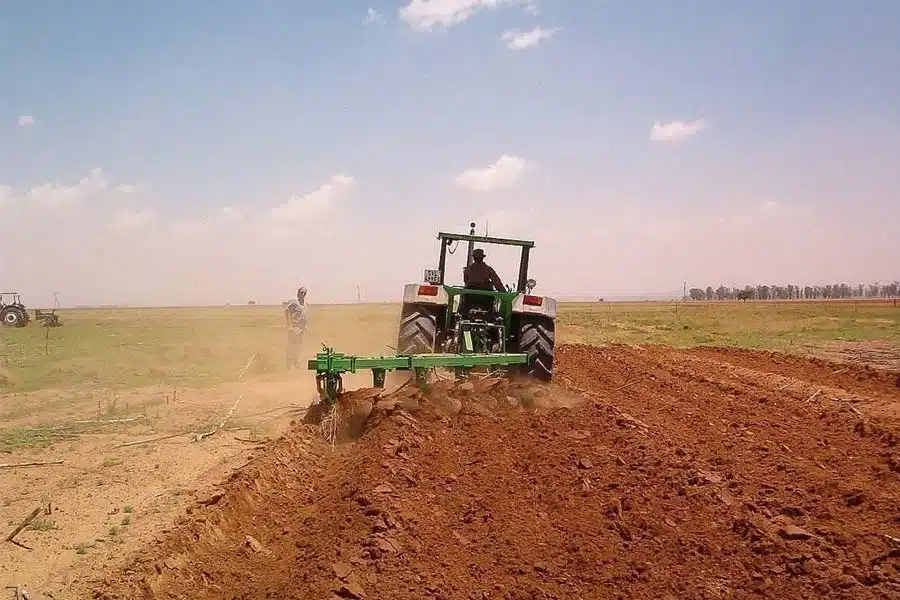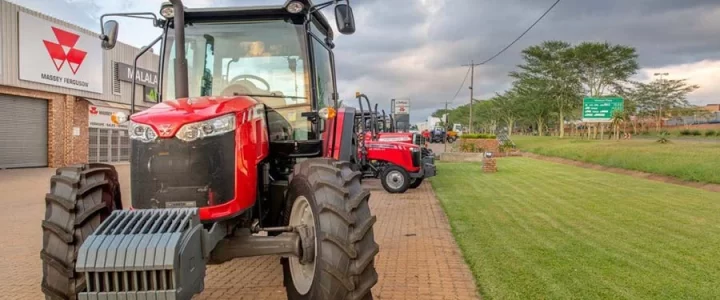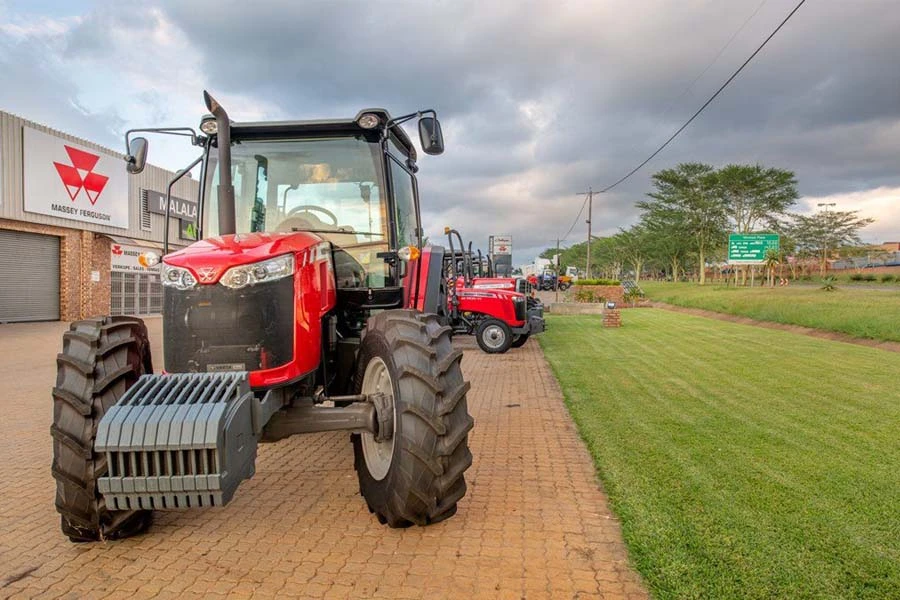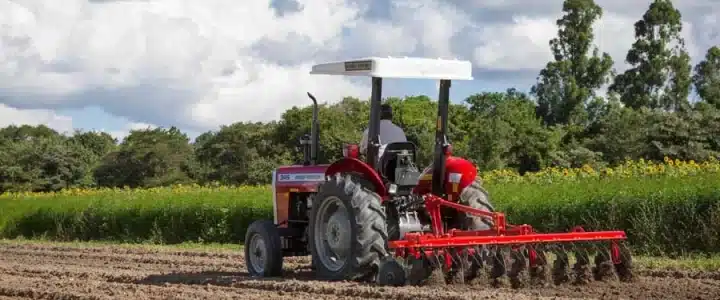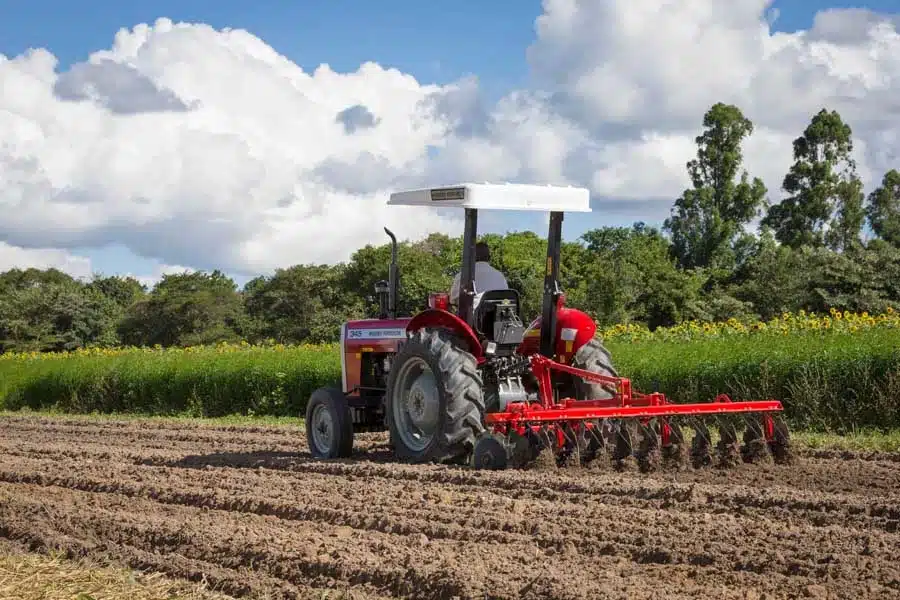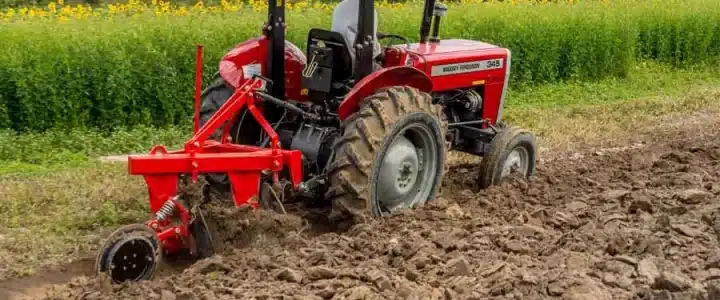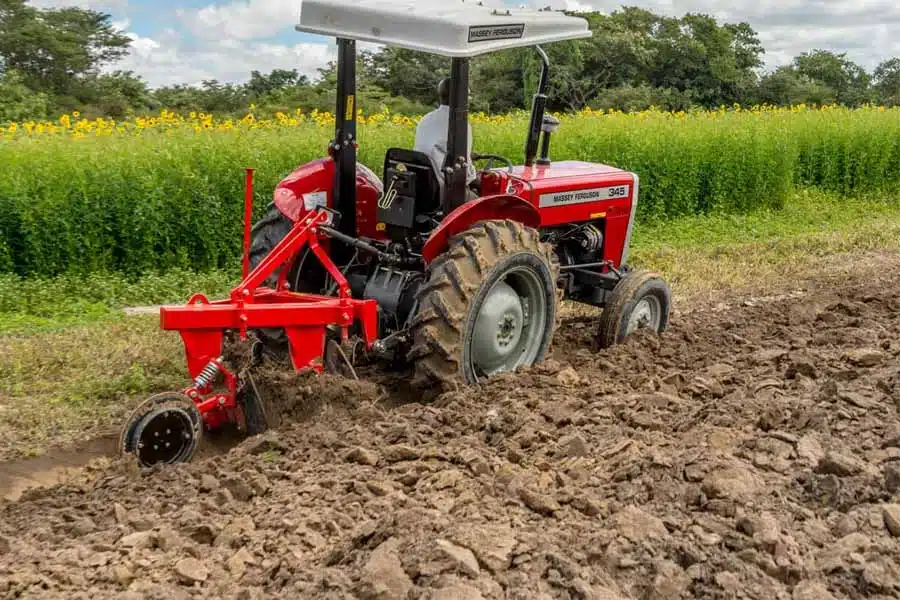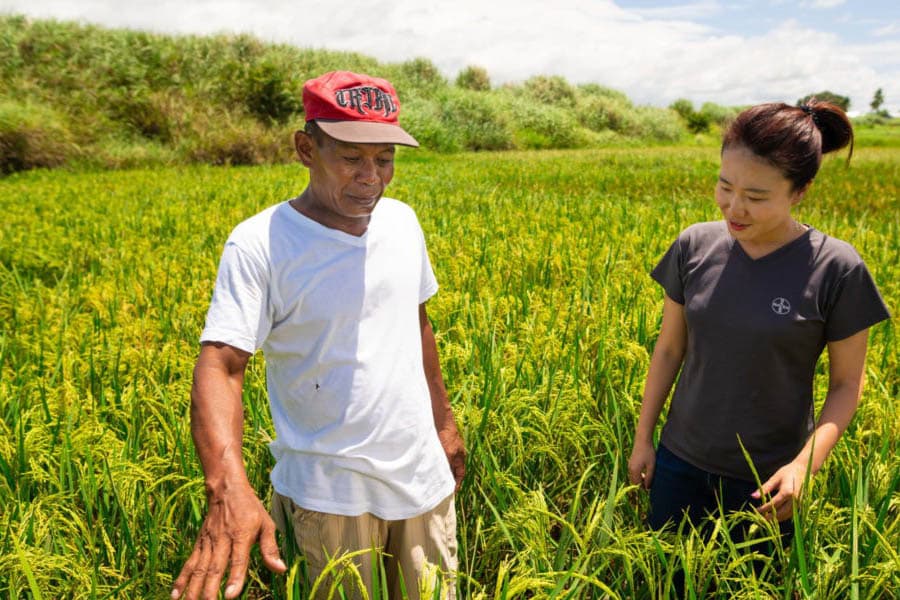Agriculture has always been the backbone of economies worldwide, and the right machinery is key to making farming operations more efficient and productive. One essential piece of equipment for small-scale farmers is the mini tractor. Designed for versatility, affordability, and ease of use, mini tractors are an excellent choice for those looking to maximize output on smaller farms. At Tractors PK, we offer a wide range of mini tractors and related equipment to meet the diverse needs of farmers, ensuring both affordability and reliability.
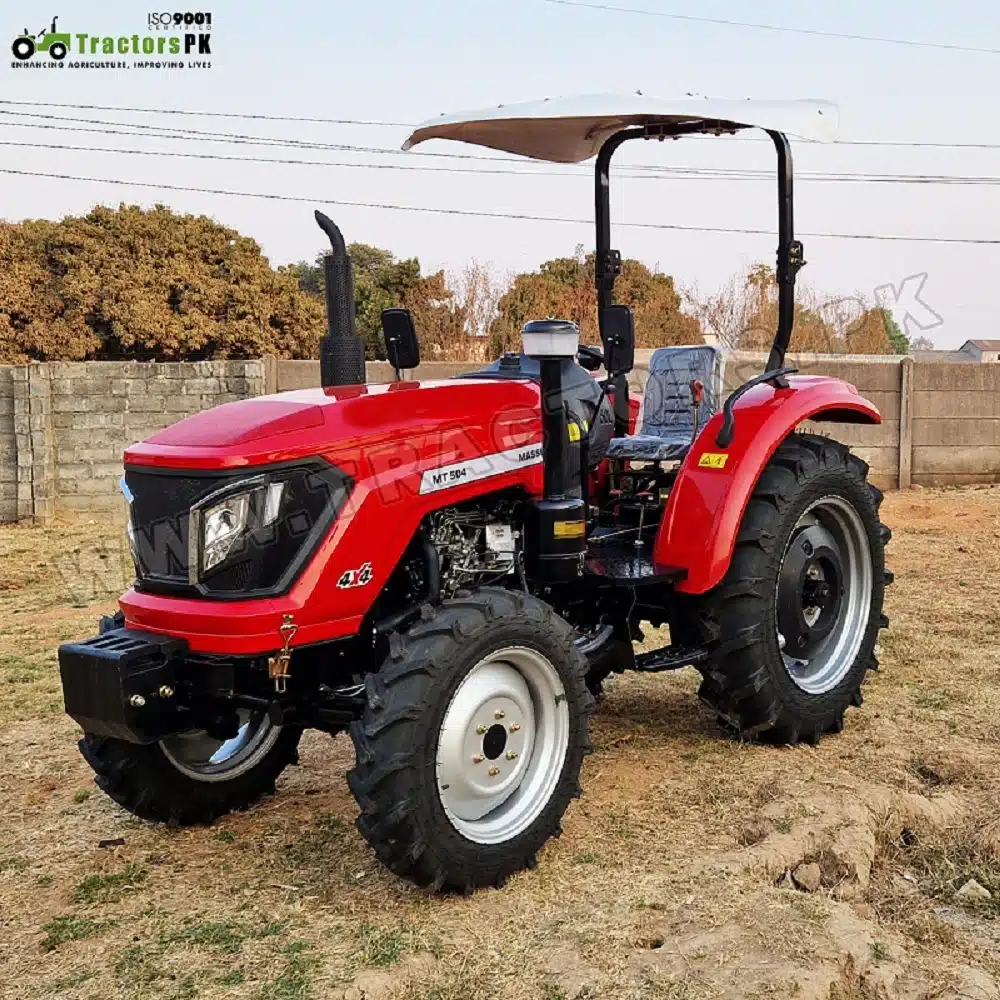
Mini Tractors for Every Farming Need
Mini tractors are revolutionizing farming practices, especially for small-scale operations. Compact and lightweight, these tractors excel in performing a variety of tasks, including plowing, planting, hauling, and spraying. Unlike larger tractors, small farm tractors are maneuverable, making them ideal for farms with limited space or uneven terrain.
For those seeking more power and efficiency, our collection of compact 4WD tractors provides exceptional traction and stability, even on challenging surfaces. Whether you’re managing vineyards, orchards, or vegetable plots, these tractors are designed for versatility. A compact tractor doesn’t just save space—it also saves time and labor, giving farmers the tools they need to streamline every aspect of their work.
Check out some of our mini tractor models tailored to meet specific farming needs:
- Massive MT24 – A compact yet powerful mini tractor ideal for small farms, orchards, and gardens.
- Massive MT504 – A robust mid-range model perfect for handling a variety of agricultural tasks.
- Massive MT604 – An efficient and durable compact tractor built for heavier workloads and larger farm areas.
These compact tractor models are just a glimpse of the variety we offer to suit different farming requirements.
Mini Tractor Prices
Investing in agriculture doesn’t have to break the bank. At Tractors PK, we believe farming equipment should be accessible for all farmers. That’s why we offer competitive mini tractor prices, ensuring high-quality machinery is affordable for everyone. If you’re operating on a tight budget, our selection includes used mini tractors that are thoroughly inspected and maintained to deliver reliable performance. Purchasing a pre-owned tractor is a cost-effective way to meet your needs without compromising on functionality or durability.
Compact and Efficient Design
Modern compact tractors combine power and practicality. Their smaller size doesn’t limit their capabilities; instead, it enhances them. With a focus on efficient operation, mini tractors reduce fuel consumption and lower maintenance costs. Our mini 4WD tractors provide added power and precision, making them perfect for hilly terrains or farms with soft soil. These features make mini tractors one of the best options for those looking to invest in mini agricultural machinery that meets today’s farming demands.
Benefits for Small-Scale Farmers
Tractors PK is proud to support small-scale farmers by offering farming machinery that aligns with their unique requirements. A mini tractor is perfect for farms focused on niche crops or mixed agriculture. Its size enables it to perform tasks in confined areas, while its multi-functionality gives farmers the flexibility to adapt to various agricultural needs.
Additionally, the versatility of small farm tractors extends to their compatibility with multiple implements. From plows for soil preparation to seeders and trailers for efficient planting and transportation, mini tractors play a central role in holistic farm management. Our lineup ensures you can customize your equipment for maximum productivity all year round.
Why Choose Tractors PK?
When it comes to investing in durable and reliable mini agricultural machinery, experience and expertise matter. At Tractors PK, we are dedicated to providing farmers with industry-leading solutions that combine quality with affordability. Our team works closely with clients to understand their farms’ specific requirements, recommending the best equipment to meet their goals.
Choosing the right tractor is about more than just price—it’s about value. Every mini tractor we sell is designed to deliver the highest level of performance, backed by excellent customer support long after your purchase. Our comprehensive range of both new and used mini tractors ensures every farmer can find the ideal machine, no matter the size of their operation or budget constraints.
Enhance Your Farm Operations Today
Investing in a mini tractor is a bold step toward boosting productivity and simplifying farming tasks. Whether you’re looking for compact power, affordability, or specialized functionality, Tractors PK has the perfect solution for you. With a range of options, including mini 4WD tractors, compact tractors, and a diverse selection of tractor implements, we are your trusted partner in agricultural success.
Start your farming transformation today by exploring our mini tractors for sale at Tractors PK. Combining affordability, efficiency, and reliability, we provide small-scale farmers with the tools they need to thrive. Reach out to us now and discover how we can help you take your farm operations to the next level!
